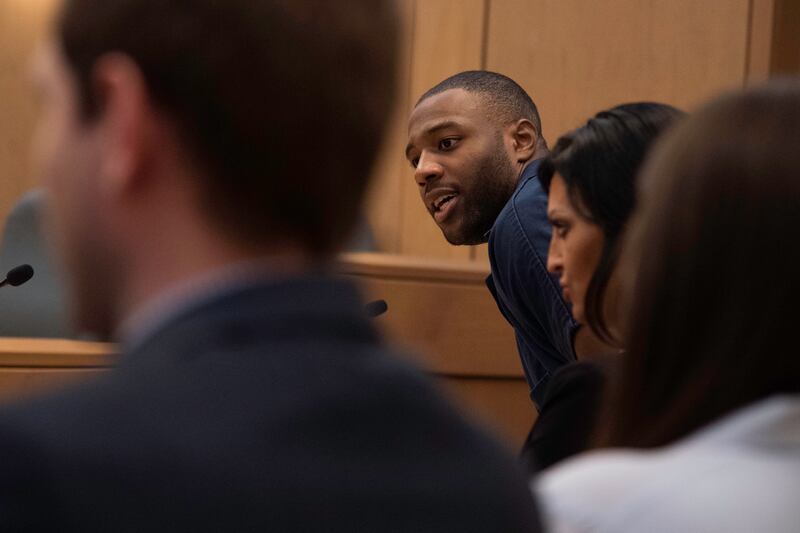The U.S. Department of Justice (DOJ) has officially closed its five-year Title IX compliance review of Utah State University (USU), confirming that the institution has substantially met the requirements of a settlement agreement established in 2020. In a letter dated September 16, 2023, the DOJ recognized the university’s efforts to address prior violations related to sexual harassment allegations, including serious cases of sexual assault.
In 2020, the DOJ and USU entered a settlement following an investigation that began in 2017. This investigation revealed that the university had failed to adequately respond to multiple reports of sexual assaults, including high-profile allegations against former USU football player Torrey Green, who was convicted of sexually assaulting seven women. Another case involved a fraternity member accused of assaulting five women before subsequently raping a student. The settlement outlined specific actions USU needed to undertake to improve its handling of sexual harassment complaints and to better inform students, faculty, and staff about their reporting options.
The DOJ letter stated, “The university has satisfied its obligations relating to the Relationship with Local Law Enforcement provision of the Agreement.” It further noted that USU’s continued compliance with the remaining provisions warranted the termination of the agreement, emphasizing the university’s commitment to providing a safe campus environment.
USU’s Commitment to a Safe Learning Environment
In response to the DOJ’s announcement, USU Interim President Alan Smith described the conclusion of the resolution agreement as a significant milestone for the university. He stated, “Completing the agreement reflects years of effort and collaboration across our campuses to strengthen policies, training, and support systems. Most importantly, it represents our ongoing commitment to fostering an environment where every member of our community is respected.”
USU has implemented extensive changes over the past five years, adopting new policies, enhancing training programs, and revising its organizational structure. Among the initiatives are mandatory in-person training for incoming residential students, annual online training for continuing students, and specialized instruction for athletics personnel, student-athletes, and employees involved in the Title IX process.
The university has also conducted regular climate surveys and launched campaigns aimed at awareness and community building, such as the “Upstanding” bystander intervention program and the “Start by Believing” initiative. Moreover, USU has expanded its advocacy and support resources for individuals reporting misconduct, ensuring that students know where to seek help.
Strengthening Oversight and Accountability
To enhance oversight, USU established a centralized online reporting hub, streamlined reporting procedures, and ensured consistent compliance reporting to the DOJ. This initiative aims to build trust within the campus community by demonstrating accountability in addressing sexual harassment.
The coordination between the university’s Civil Rights and Title IX Office and USU Athletics has also been strengthened. Cody Carmichael, USU’s Title IX coordinator, remarked, “Finalizing this agreement underscores the accountability we have built into our policies and practices. Our systems not only meet federal standards, but offer a consistency that has built trust across campus and continues to evolve to meet the needs of our community.”
While the DOJ has acknowledged USU’s progress, the university must continue to uphold all Title IX requirements. The DOJ remains open to conducting future compliance reviews, ensuring that the commitment to a safe and respectful campus environment is maintained.
USU’s proactive measures and the DOJ’s recognition highlight the ongoing efforts to create a university culture where all individuals feel safe and supported. This conclusion serves not only as a significant achievement for USU but also as a reminder of the critical importance of addressing and preventing sexual harassment in educational institutions.
